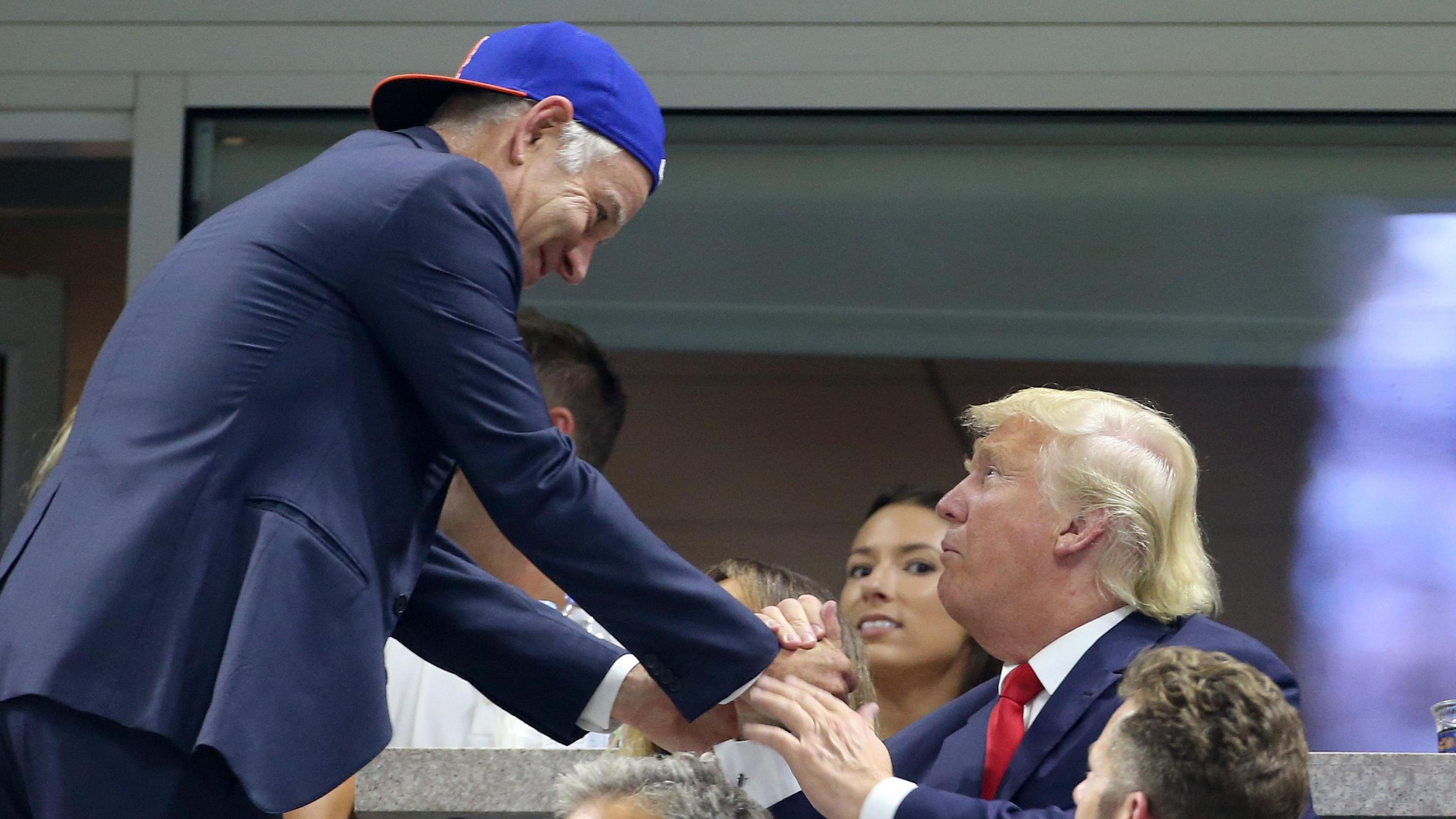A federal judge in New York has ruled that the class action lawsuit filed by two voice-over artists against Lovo Inc., an AI voice startup, can proceed, signaling a notable advancement in legal challenges related to artificial intelligence and intellectual property rights. The lawsuit was initiated by artists Paul Skye Lehrman and Linnea Sage, who allege that their voices were improperly appropriated for AI training without their consent.
Though the judge dismissed claims regarding federal copyright infringement, they permitted allegations surrounding breach of contract and deceptive business practices to move forward, as well as claims regarding the unauthorized use of their voices as part of training data for AI systems.
Lovo Inc., based in California, previously sought to have the case completely dismissed, but their appeal has been unsuccessful thus far. The company has not responded to requests for comment from media outlets, including the BBC. This legal dispute is emblematic of a growing trend, as numerous artists have filed lawsuits against AI companies, citing the unauthorized use of their creative works in training data for AI models.
The artists’ attorney, Steve Cohen, heralded the judge’s decision as a significant victory and expressed confidence that the future judicial process would hold technology corporations accountable for their actions. Legal representatives for Lovo had described the allegations as a “kitchen sink approach,” arguing that the claims lack a solid foundation for an actionable suit against the company.
The couple, residing in New York City, turned to legal action after discovering that voice replicas resembling their own were made available for purchase via Lovo’s text-to-speech platform, Genny. They mentioned that they were previously contacted anonymously for work through the freelance marketplace Fiverr. Lehrman earned $1,200, while Sage was paid $800 for their contributions.
In messages exchanged with the anonymous client, they were assured that the voice-overs would be utilized only for “academic research purposes” and internal testing. However, a shocking revelation occurred while they were driving, as Lehrman heard a voice on a podcast resembling his own being used to discuss the implications of AI on jobs in the entertainment industry.
Upon returning home, the couple found that their so-called clones, attributed to names Kyle Snow and Sally Coleman, were accessible on Lovo’s platform. Additionally, they discovered Sage’s clone featured in a fundraising video for Lovo, and Lehrman's voice had been used in a promotional advertisement. Eventually, Lovo removed the alleged clones, citing their lack of popularity.
The case is now scheduled to proceed through the US District Court in Manhattan, reflecting a significant moment in the intersection of technology, art, and legal accountability in an era increasingly influenced by AI advancements.




















